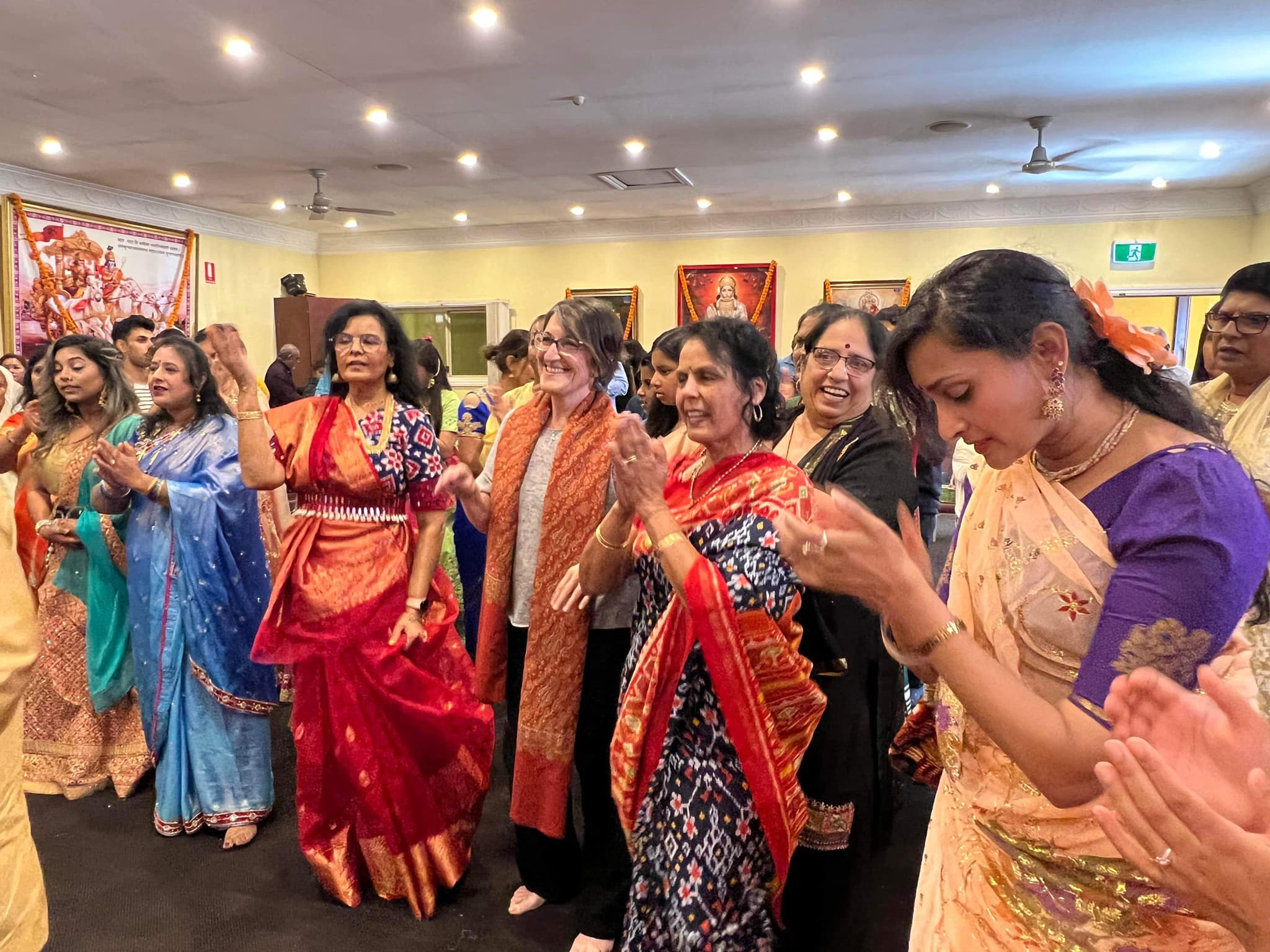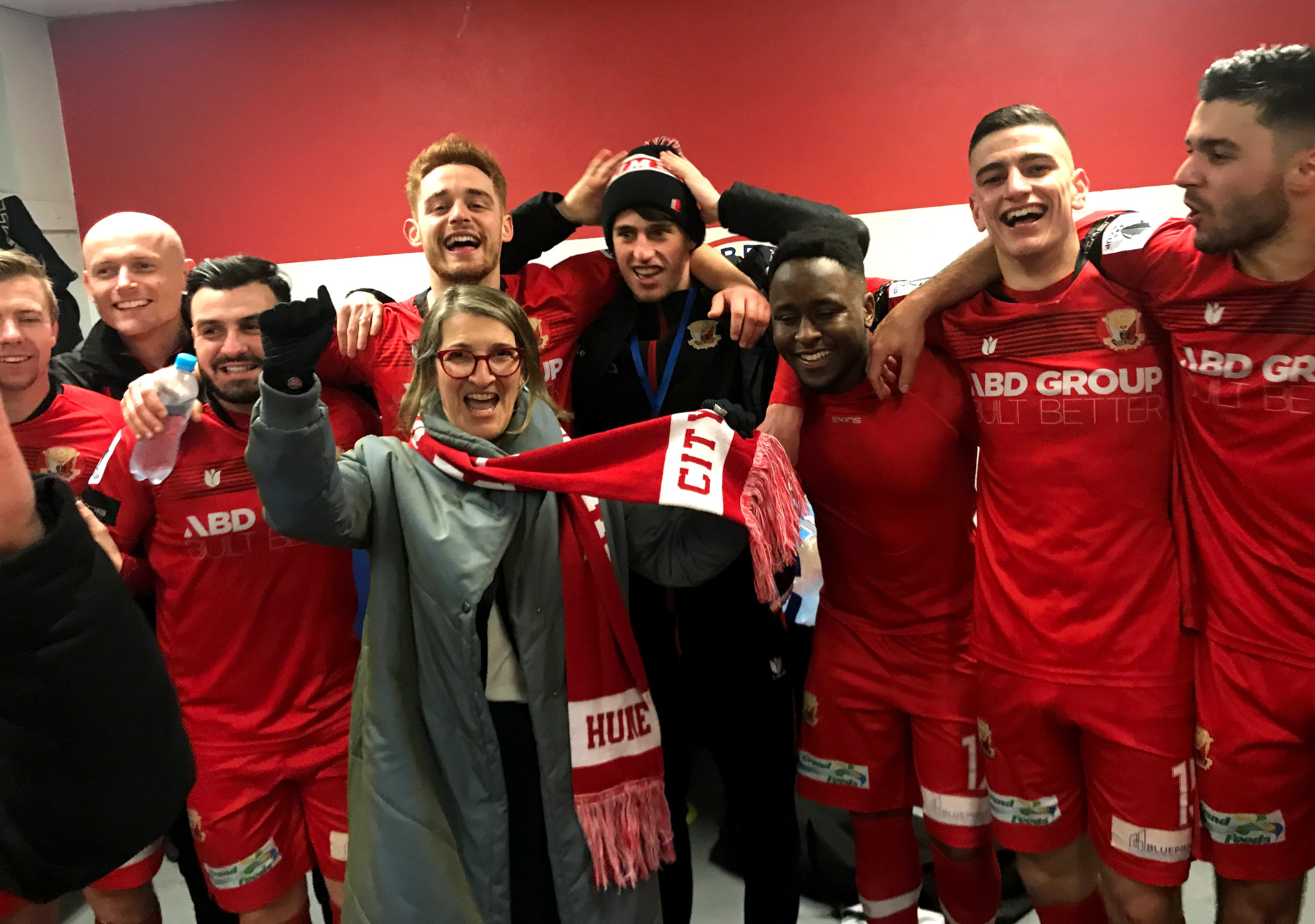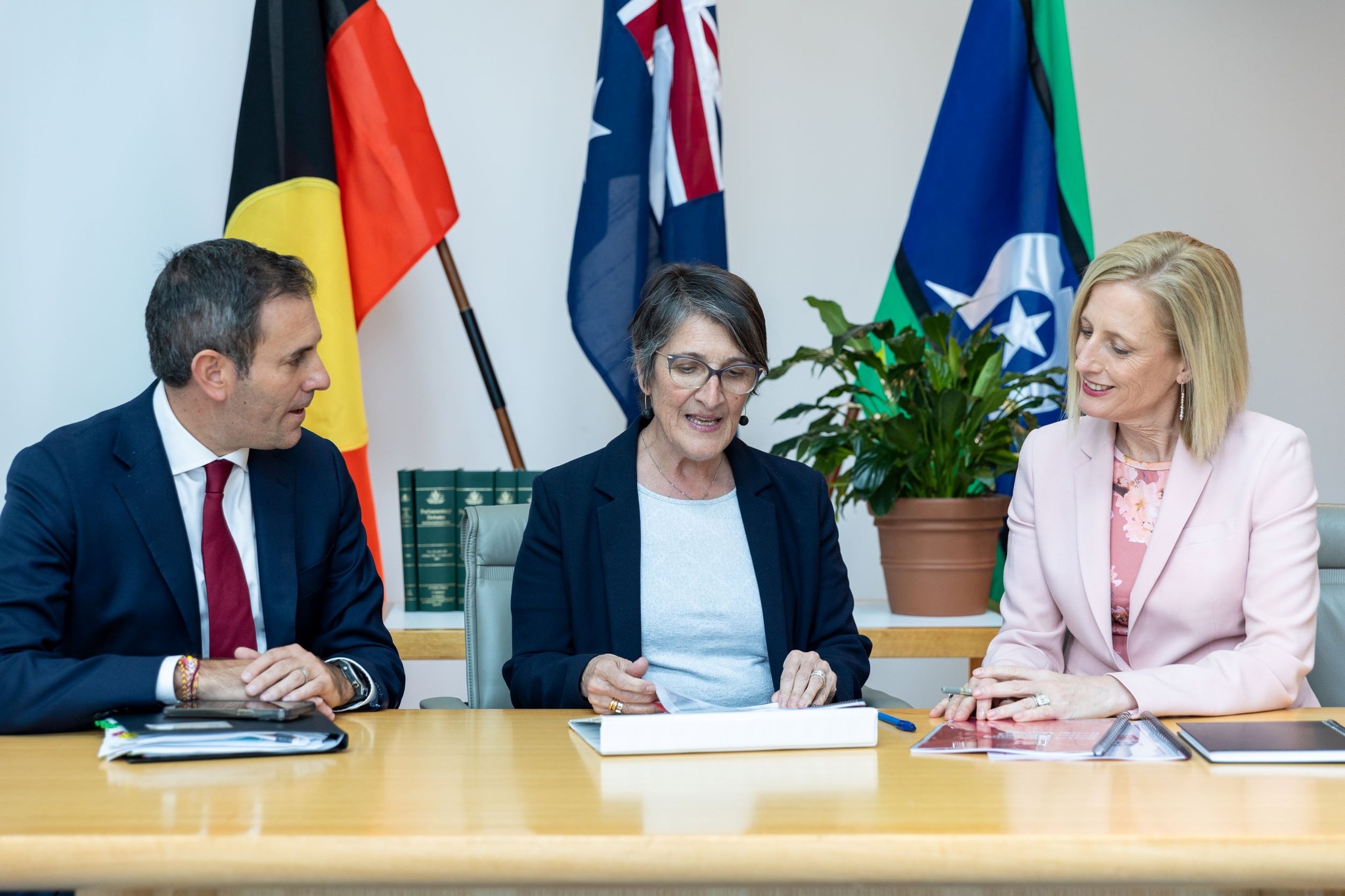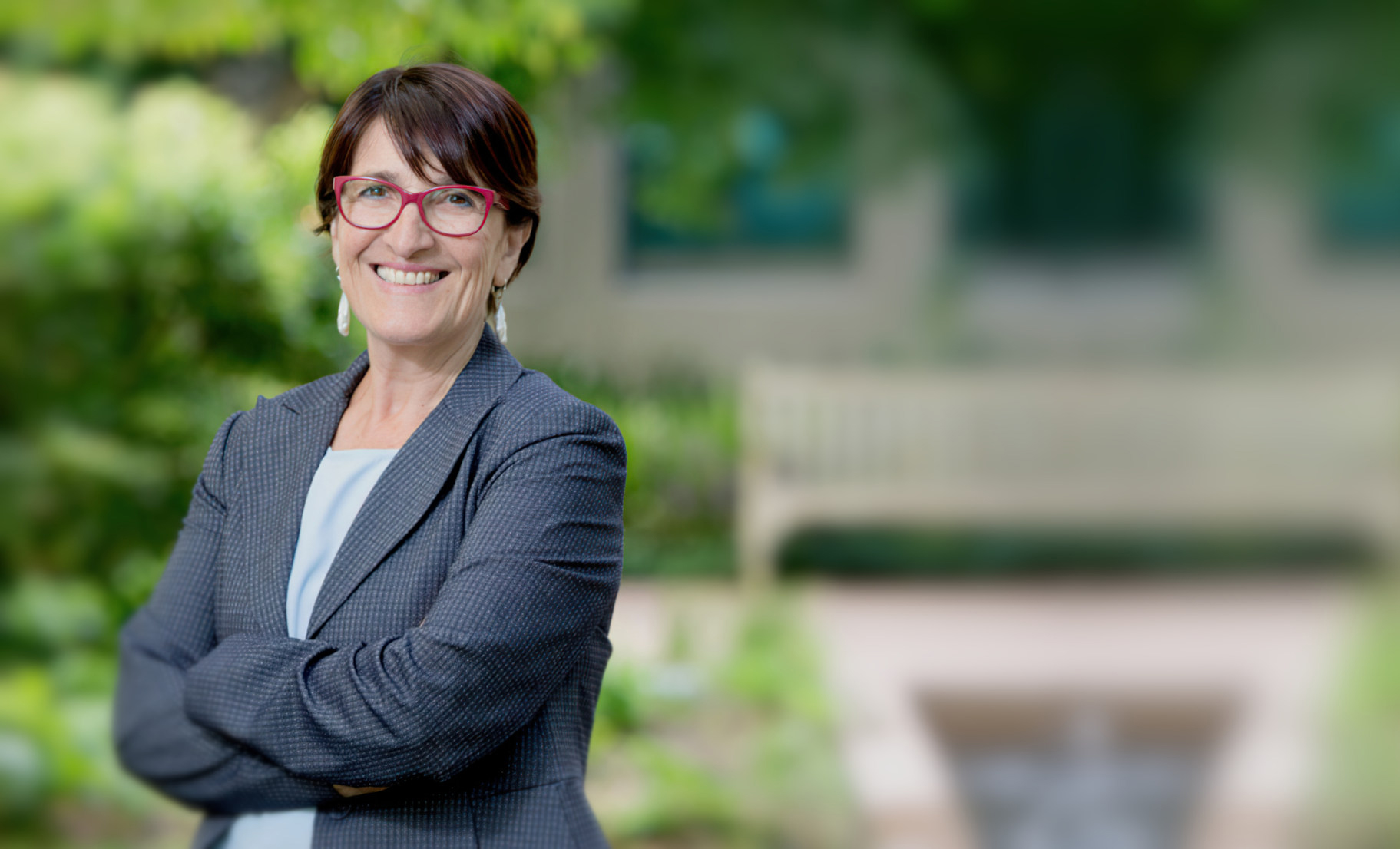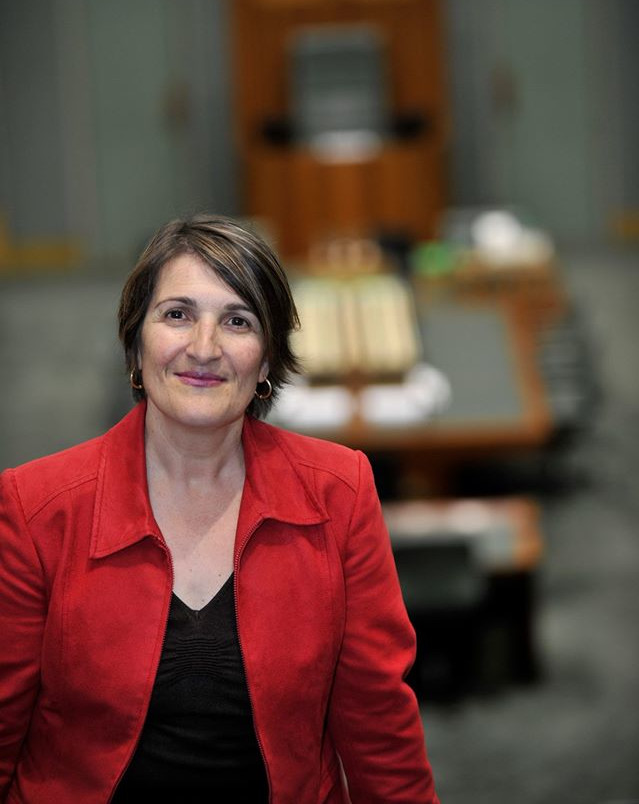
Meet Maria
Your Federal Member for Calwell
It's time to build a stronger, more secure future.
I want to make sure our community's voice is heard and remains at the forefront of our national policy agenda.
And as your local member for Calwell, I'll put the interests of our community first - each and every day.

